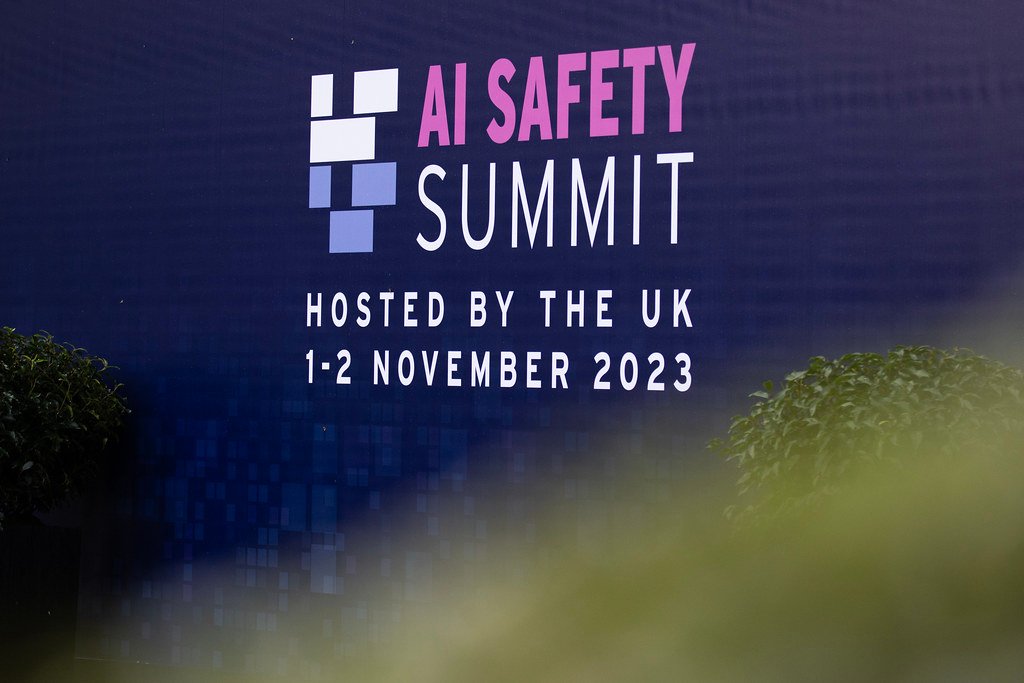Artificial Intelligence (AI) has become an integral part of our lives, transforming industries and shaping the future of technology. As innovation continues to soar at an unprecedented pace, governments worldwide are grappling with the challenges posed by AI. To address these concerns and foster collaboration, South Korea and the United Kingdom are again joining forces to co-host the second global AI summit in Seoul.
The rapid pace of innovation since the inaugural AI summit in November has left governments worldwide grappling with an expanding array of risks associated with artificial intelligence. This groundbreaking event, led by UK Prime Minister Rishi Sunak and South Korean President Yoon Suk Yeol, aims to explore the potential risks and opportunities associated with AI.
Reasons for the Second Global AI Summit
The decision to have South Korea and the UK co-host the second global AI summit stems from the urgency to address the challenges posed by AI. As technology evolves, so do the risks. South Korean President Yoon Suk Yeol and UK Prime Minister Rishi Sunak will oversee a virtual summit on Tuesday, aiming to foster better regulation of AI despite differing opinions on its impact.
A Call for Effective Regulation
The growing impact of AI on humanity has led to calls for better regulation of the technology. Despite differences in opinion on the extent of AI’s influence, both UK Prime Minister Rishi Sunak and South Korean President Yoon Suk Yeol agree that significant gaps in global AI governance remain. In a joint opinion article titled ‘Only Global AI Standards Can Stop a Race to the Bottom,’ they highlighted the importance of establishing international standards to mitigate risks associated with AI.
The Evolution: From AI Safety Summit to AI Seoul Summit

The first AI summit, held in November, was initially labeled the “AI Safety Summit.” However, the scope of challenges has broadened significantly since then. The upcoming meetings, now known as the “AI Seoul Summit,” will focus on various issues.
AI Safety
A primary focus remains on AI safety, addressing risks such as large-scale labor market impacts, AI-enabled hacking, and biological threats. These concerns highlight the necessity of robust safety measures to mitigate the potential dangers posed by advancing AI technologies.
Innovation
The summit will also emphasize the importance of encouraging responsible AI development while promoting creativity and breakthroughs. This priority aims to strike a balance between fostering innovation and ensuring that AI advancements are made with ethical considerations and societal benefits in mind.
Inclusion
Ensuring that AI benefits all segments of society is another key priority. This focus on inclusion seeks to address the digital divide and ensure equitable access to AI advancements, promoting widespread societal benefits and preventing disparities in AI adoption and its advantages.
The Global AI Safety Report
Released on Friday, the global AI safety report acknowledges the widening spectrum of risks. Beyond existential threats, it highlights concerns related to AI inequality, data scarcity, copyright issues, and the environmental impact of energy-hungry AI data centers. Experts from over 30 countries emphasize that societal decisions will shape AI’s future.
Government Decisions Shape the Future
As the AI landscape evolves, the report emphasizes that the future of AI will be determined by the decisions made by societies and governments. While the rapidly evolving technology presents existential risks to humanity, the report also highlights concerns about AI inequality, data scarcity, use of copyrighted material, and the environmental impact resulting from the substantial energy consumption of AI data centers.
Past and Present Attendees
At the UK-hosted November summit, luminaries like Tesla’s Elon Musk and OpenAI CEO Sam Altman engaged with their fiercest critics. China also joined in signing the “Bletchley Declaration” for collective AI risk management. This time, the attendee list remains uncertain for the virtual summit on Tuesday and the in-person session chaired by UK and South Korean ministers on Wednesday. However, a separate South Korea-hosted AI forum anticipates participation from industry leaders, including Jack Clark (co-founder of AI safety and research company Anthropic) and executives from OpenAI, Google DeepMind, Microsoft, Meta, and IBM.
The second global AI summit serves as a critical platform for shaping AI governance, fostering innovation, and ensuring inclusivity. As the world grapples with AI’s potential, this collaborative effort aims to steer its trajectory toward a safer and more equitable future.
